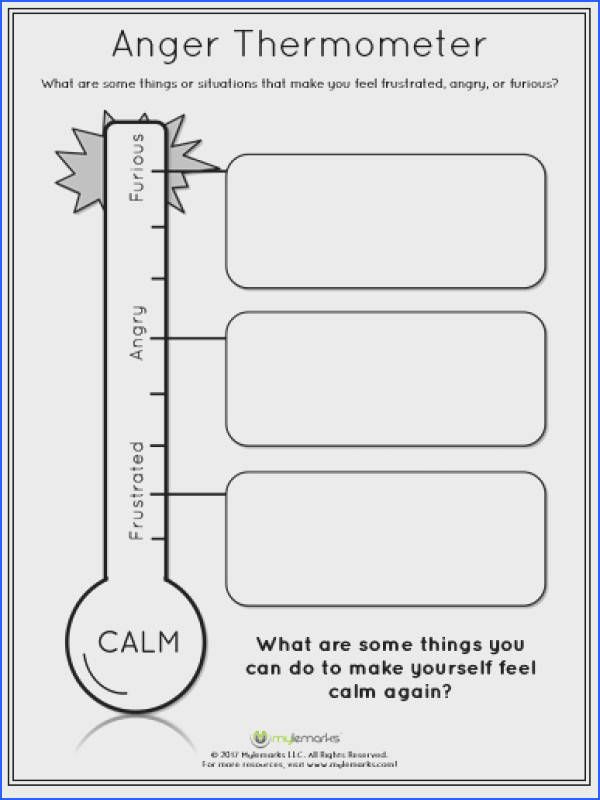7 Fun CBT Worksheets for Kids to Try Now

The integration of Cognitive Behavioral Therapy (CBT) principles into fun and engaging activities for kids can play a pivotal role in nurturing their emotional and psychological well-being. Here's a comprehensive look at seven worksheets designed to make learning about and applying CBT both educational and enjoyable for children.
1. Feelings Wheel

Understanding emotions is the cornerstone of CBT. The Feelings Wheel worksheet simplifies this by:
- Displaying a range of emotions in different layers, with basic emotions at the center and more nuanced ones on the outer rings.
- Helping kids identify and label their feelings accurately, which is a fundamental step in emotional regulation.
2. Thought Catcher

CBT teaches that thoughts influence feelings and behaviors. The Thought Catcher worksheet:
- Prompts kids to write down troubling thoughts.
- Encourages analysis of these thoughts to see if they are realistic or helpful.
- Facilitates the replacement of negative thoughts with positive, adaptive ones.
3. Positive Affirmation Mirror

Boosting self-esteem is vital. This worksheet involves:
- Drawing a mirror on paper and decorating it with positive affirmations.
- Encouraging kids to write statements like “I am capable” or “I am loved.”
🧡 Note: Affirmations should be age-appropriate and resonate with the child’s current life experiences.
4. Stress Ball

Physical activity can aid in emotional management:
- Creating a DIY stress ball using balloons and filling material like flour or rice.
- Using it to squeeze away tension or anger, linking physical action with emotional release.
5. Coping Skills Coloring Book

Visual representation of coping skills:
- Each page features an emotion or challenge, followed by suggestions for coping.
- Children color the pages, reinforcing positive coping strategies visually and interactively.
6. The Challenge Chart

Facilitating positive change in behavior:
- Identifying a behavior or thought to change.
- Creating a chart to track progress, rewarding positive changes.
7. Emotional Charades

Interactive play to learn about emotions:
- Acting out different emotions for others to guess.
- Promoting empathy, emotional literacy, and social interaction.
Through these worksheets, children not only learn about CBT but also apply its principles in a fun, supportive environment. They learn to recognize, understand, and manage their emotions, leading to improved mental health and resilience. Kids develop critical skills like problem-solving, self-regulation, and positive thinking, which are beneficial in school, social settings, and as they grow into adulthood.
How often should kids use these CBT worksheets?

+
Children can benefit from using these worksheets when they feel overwhelmed or need to work through specific issues. A weekly session might be ideal for continuous improvement.
What if my child has trouble understanding the worksheets?

+
If a child struggles, it might be helpful to guide them through the worksheet, explaining concepts in a simple, relatable manner. Patience and repetition can also help.
Can these worksheets be used in a group setting?

+
Absolutely! Many of these worksheets can be adapted for group activities, enhancing children’s social skills and emotional understanding through interaction.